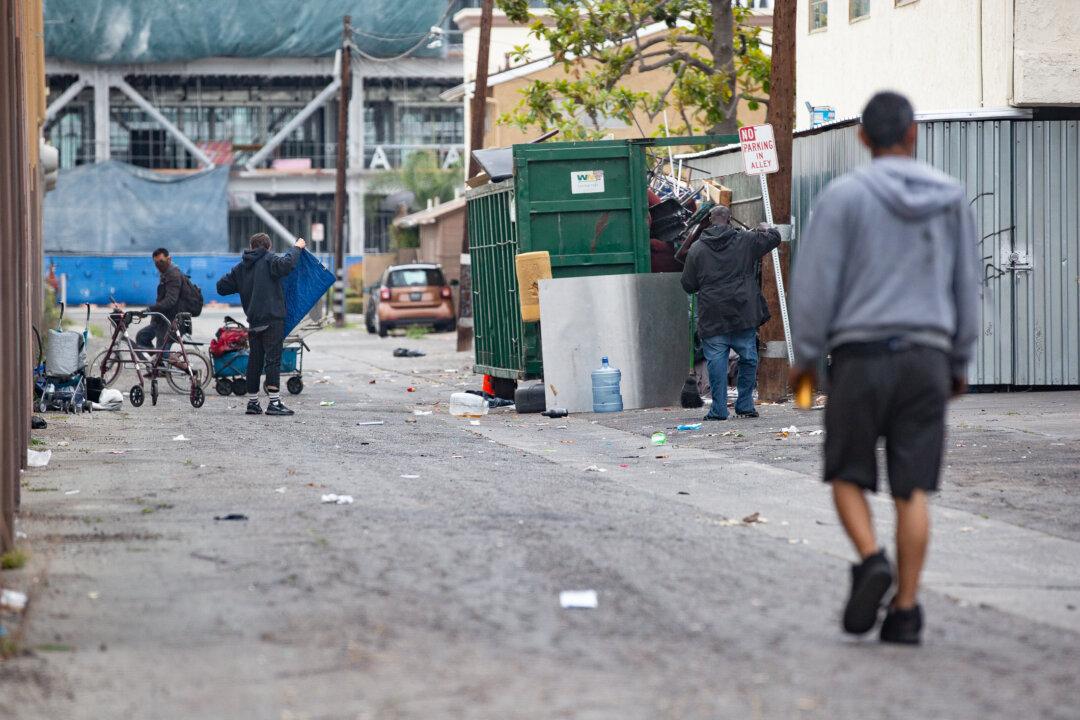A recent Orange County Grand Jury report showed “mixed” success in the county’s effort to address homelessness through the “Continuum of Care,” a series of nonprofits and government agencies tasked with ending homelessness in the region, with local concern remaining at an all-time high.
Though the county has over 5,700 homeless individuals, according to the 2022 point-in-time count, it is still about 17 percent—or about 1,100 people—less than the previous count in 2019 (pdf).




